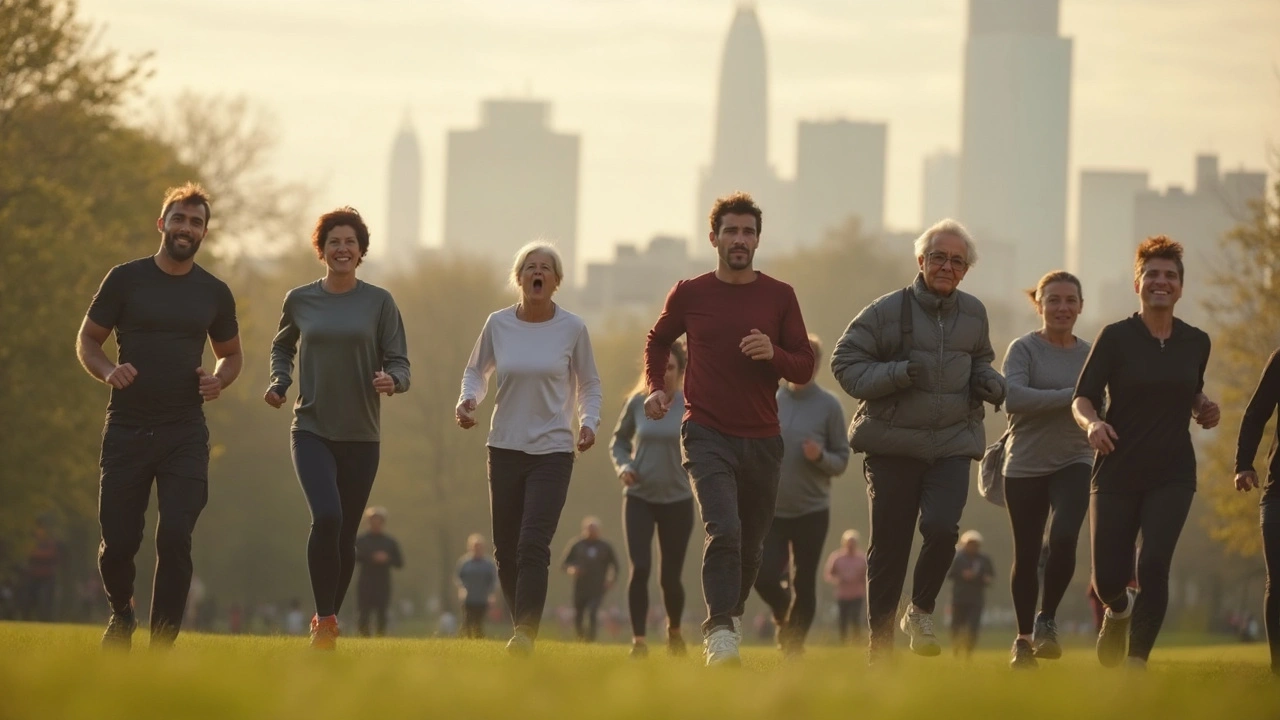Exercise: Simple Tips to Boost Your Health
We all hear that staying active is good for you, but it can feel overwhelming when you’re not sure where to start. The truth is, you don’t need a fancy gym membership or a marathon plan to reap the benefits. A few minutes of moving each day can lift your mood, protect your joints, and keep chronic conditions at bay.
Think about the last time you felt sore after a walk or a quick stretch. That discomfort is actually a sign your muscles are getting stronger. Even short bursts of activity—like taking the stairs instead of the elevator—kick your circulation into gear and help your body burn calories more efficiently.
Get Moving Safely
Before you jump into a new routine, check in with your doctor if you have any health concerns, especially if you’ve dealt with back pain or bladder infections. Simple moves like gentle yoga or seated leg lifts won’t worsen those issues and can even ease symptoms over time.
Start with a warm‑up that gets your blood flowing: march in place, swing your arms, or do a few toe taps. Warm muscles are less likely to strain, and you’ll feel more energized for the rest of your day.
When you’re ready to step up, choose activities you actually enjoy. If you like music, try a dance‑based workout in your living room. If you prefer the outdoors, a brisk walk around your neighborhood does wonders for heart health. The key is consistency, not intensity.
Make Exercise a Habit
Set a realistic goal—like 10 minutes of movement after breakfast—and stick to it for a week. After the habit forms, you can add a few more minutes or a new activity. Tracking your progress on a phone app or a simple calendar can keep you motivated.
Mix up your routine so you never get bored. One day you might do body‑weight squats, the next you could try a short bike ride. Variety not only works different muscle groups but also makes it easier to stay engaged.
Remember, every little bit counts. Even a quick stretch before bed improves flexibility and can reduce nighttime cramps. Over time, these small actions add up to big health gains, like lower blood pressure, better sleep, and a stronger immune system.
So, ditch the idea that exercise has to be hard or time‑consuming. Pick a movement you like, start slow, and build from there. Your body will thank you, and you’ll feel more alert, happier, and ready to take on whatever comes next.
Ritonavir and Exercise: Key Strategies for HIV Wellness and Energy
Combining ritonavir treatment with the right exercise routine can help HIV patients get stronger, boost their immune system, and improve mood and daily energy. This article digs into how exercise interacts with HIV and ritonavir, practical fitness tips for those on medication, and what the research says about safety and results. Readers will find honest advice, easy-to-follow routines, and down-to-earth facts that can help them live better with HIV. Personal insight and local context make this a must-read for anyone living with HIV in Australia—or anywhere else.
- 10
- Read More
